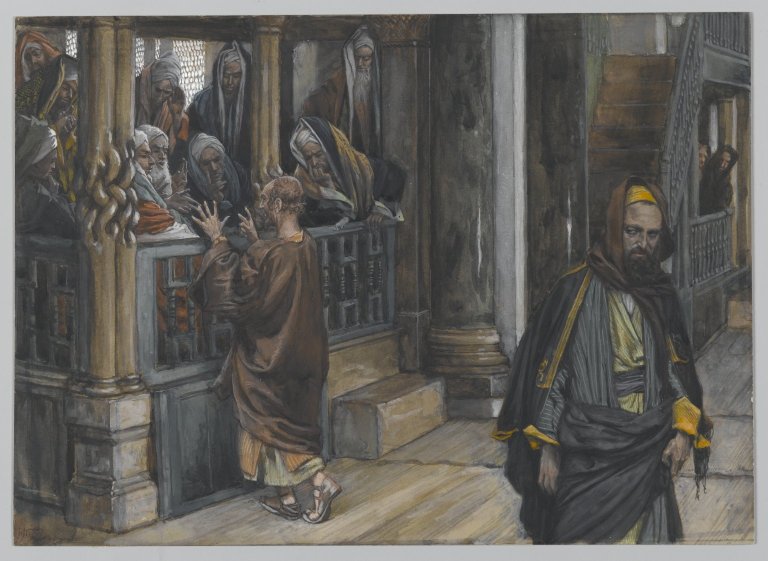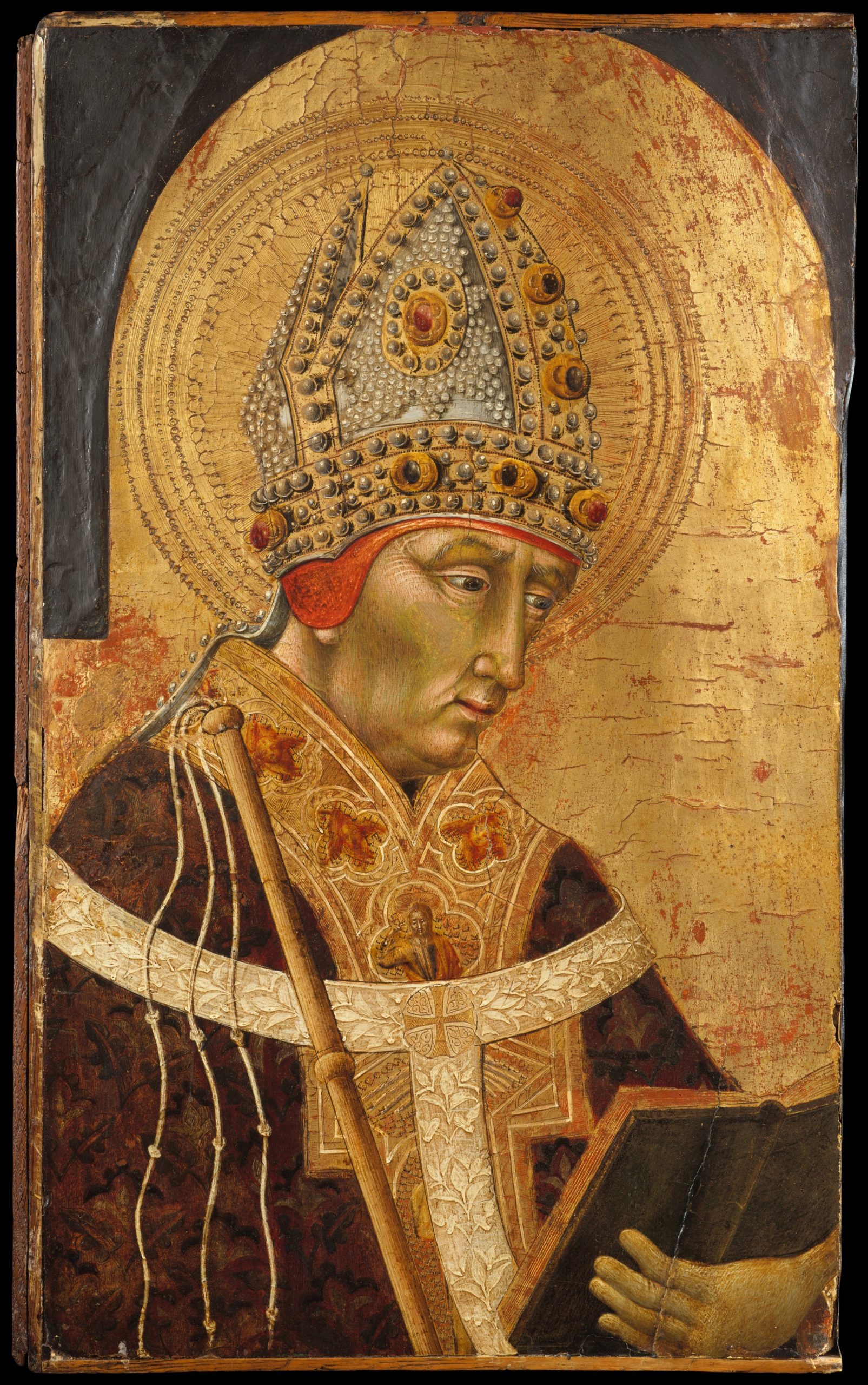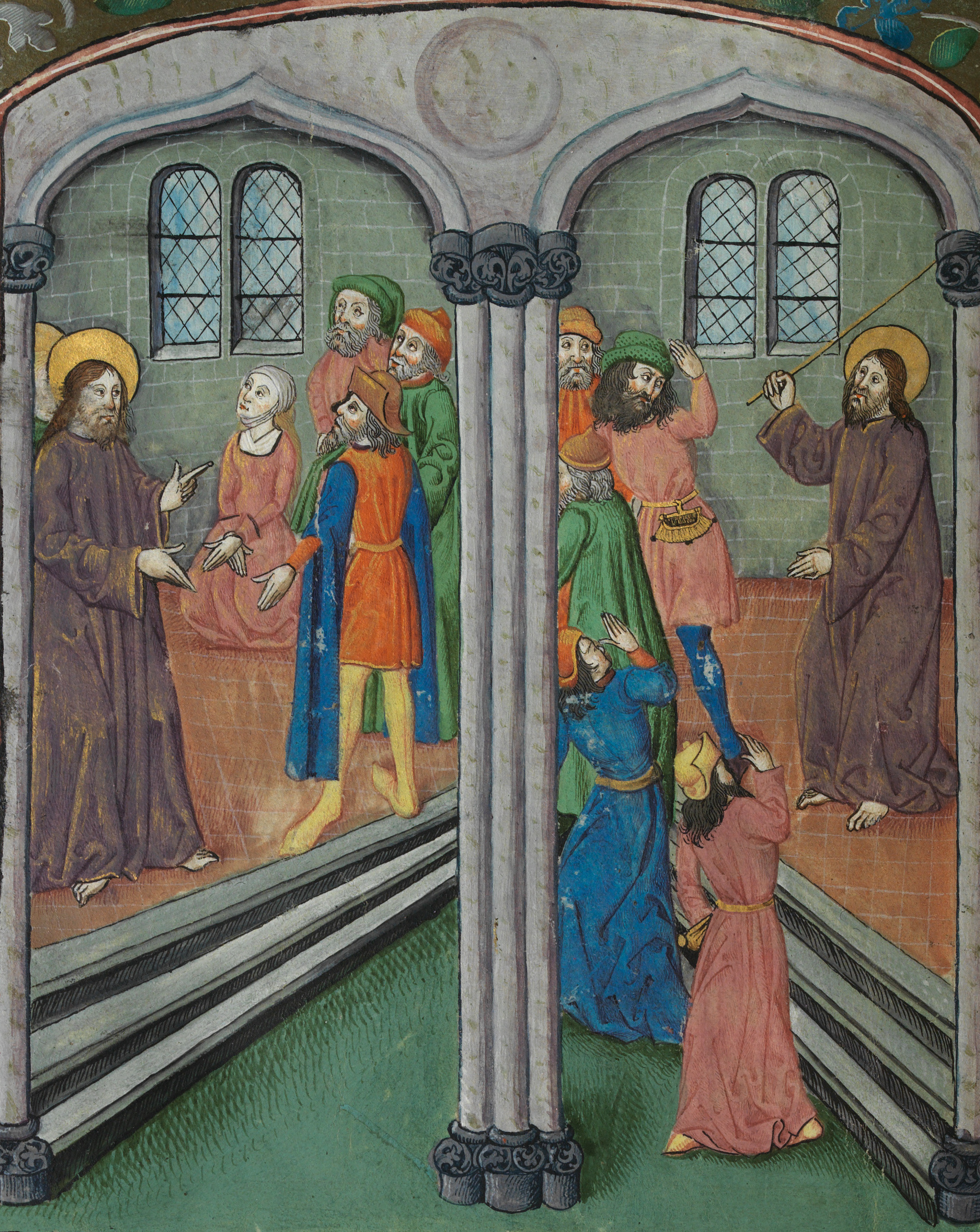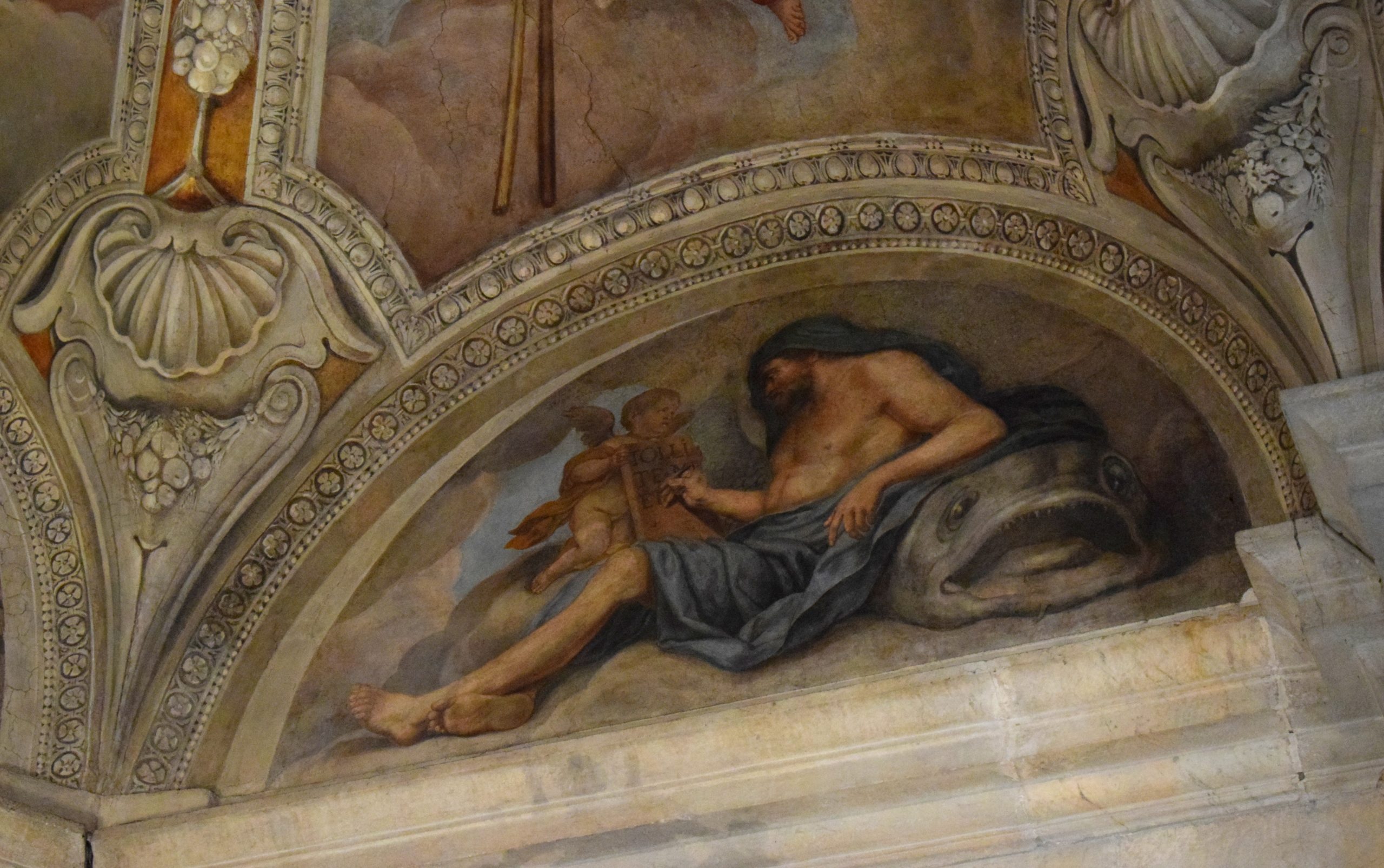
This coming Sunday is the Twentieth Sunday in Ordinary Time. To help you prepare for worship, consider these timeless insights from St. Jerome on Sunday’s Gospel reading.
15:21. And having gone out from there, Jesus withdrew to the district of Tyre and Sidon. He leaves his false accusers, the scribes and Pharisees, and goes to the district of Tyre and Sidon in order to cure the residents of Tyre and Sidon. But a Canaanite woman leaves her native land and cries out to procure healing for her daughter. Observe that this Canaanite daughter is healed in the fifteenth place.
15:22. “Have pity on me, Lord, son of David, my daughter is badly vexed by a demon.” She knew to call him “son of David” because she had already come forth from her land and had left the error of the Tyrians and Sidonians by a change of place and of faith. “My daughter is badly vexed by a demon.” I believe that the daughter of the Church refers to the souls of believers, which were badly vexed by a demon. They did not know the Creator and were worshiping stone.
15:23. He answered her not a word. [His silence was] due not to some sort of pharisaical arrogance or superciliousness of the scribes, but that he might not seem to be opposed to his own statement by which he had commanded: “Do not go into the way of the Gentiles and do not enter into the cities of the Samaritans.” For he was unwilling to give an occasion to his false accusers, and he was reserving the perfected salvation of the Gentiles for the time of his Passion and Resurrection.
15:23. And his disciples came and were asking him, saying: “Dismiss her, because she is calling out after us.” Even at that time the disciples did not know the mysteries of the Lord. They were either moved by compassion to make this request for the Canaanite woman (whom another evangelist calls a Syrophoenician), or they were longing to be free from her importunity, since she was calling out repeatedly, not as if for a kind physician, but for a harsh one.
15:24. “I was not sent except to the lost sheep of the house of Israel.” He is not saying that he was not also sent to the Gentiles, but that he was sent first to Israel. In that way the transference to the Gentiles would be just, since Israel did not receive the Gospel. He has expressly said: “to the lost sheep of the house of Israel.” Thus, on the basis of this passage, we can also understand the one wandering sheep of another parable.
15:25. But she came and worshiped him, saying. In the person of the Canaanite woman, we should admire the faith, patience, and humility of the Church: faith, by which she believed that her daughter could be healed; patience, by which she perseveres in prayer, after having been so often scorned; humility, by which she compares herself not with dogs but with puppies. Now, pagans are called dogs on account of their idolatry. They have surrendered themselves to the eating of blood, and by the bodies of the dead are carried off into madness. Note that this Canaanite woman with persistence first calls him son of David, then Lord, and finally she worships him as God.
15:27. But she said: “Yes, Lord, for even the puppies eat from the crumbs that fall from the table of their masters.” I know, she says, that I do not deserve the sons’ bread. I am incapable of taking whole food or of sitting at the table with the Father. But I am content with what is left over for the puppies, so that by the humility of crumbs I might come to the greatness of the whole loaf. Oh, what a marvelous transformation of things! Israel was once a son, and we were the dogs. The arrangement of the titles is changed due to the difference in faith. Of Israel it is later said: “Many dogs have surrounded me”; and: “Beware of the dogs, beware of the evil workers, beware of the mutilation.” But with the Syrophoenician woman and with the woman who flowed with blood, we have heard: “Great is your faith; let it be done to you according to your faith”; and: “Daughter, your faith has saved you.”
How might this scene with the Canaanite woman help us understand the relationship of Christianity with other religions? To dig deeper in your own devotional time, contemplate these verses in the Verbum Bible Study software. Or, if you don’t yet own it, request Jerome’s commentary—available this month at a special discount.
Jerome. (2008). Commentary on Matthew. (T. P. Halton, Ed., T. P. Scheck, Trans.) (Vol. 117, pp. 182–183). Washington, DC: The Catholic University of America Press.





